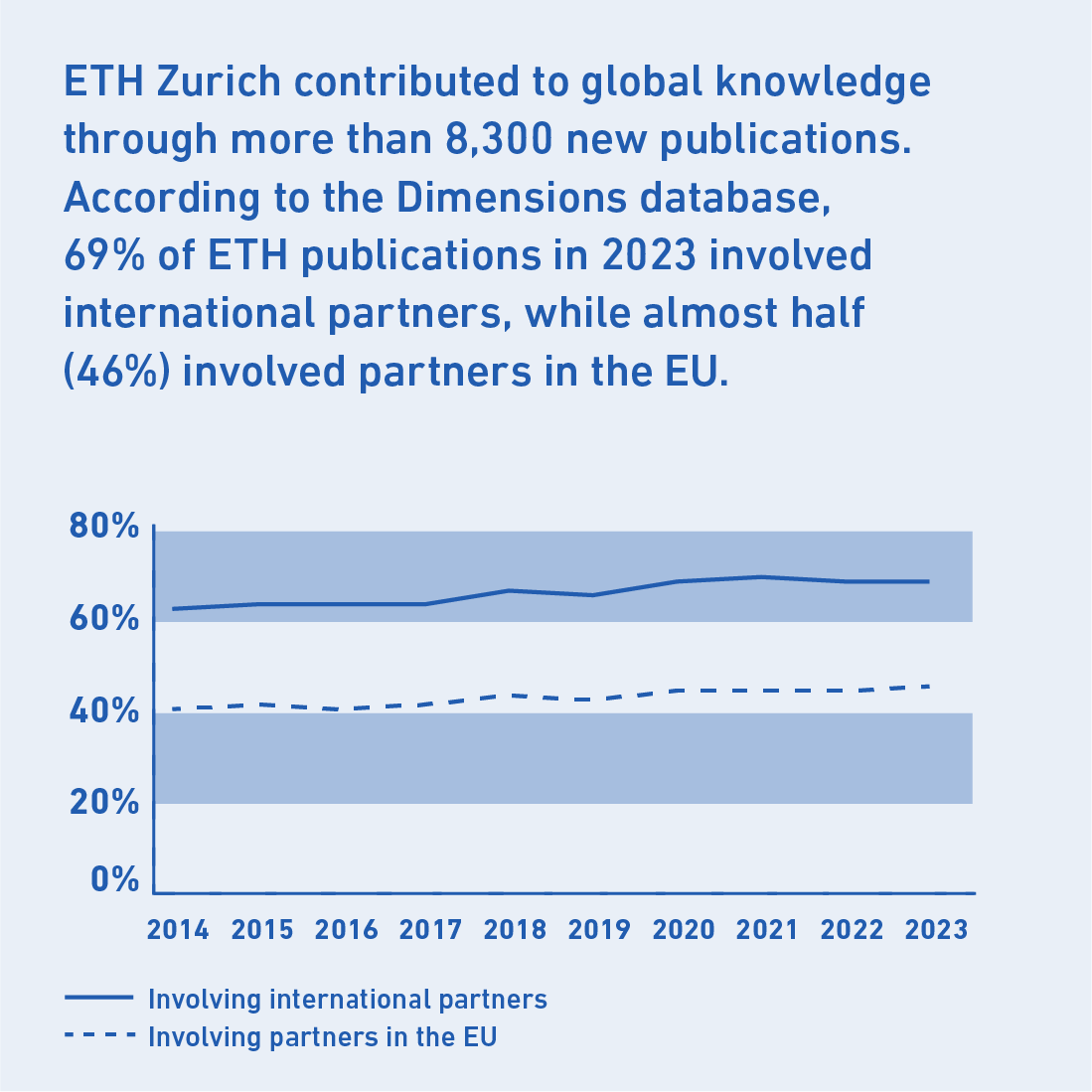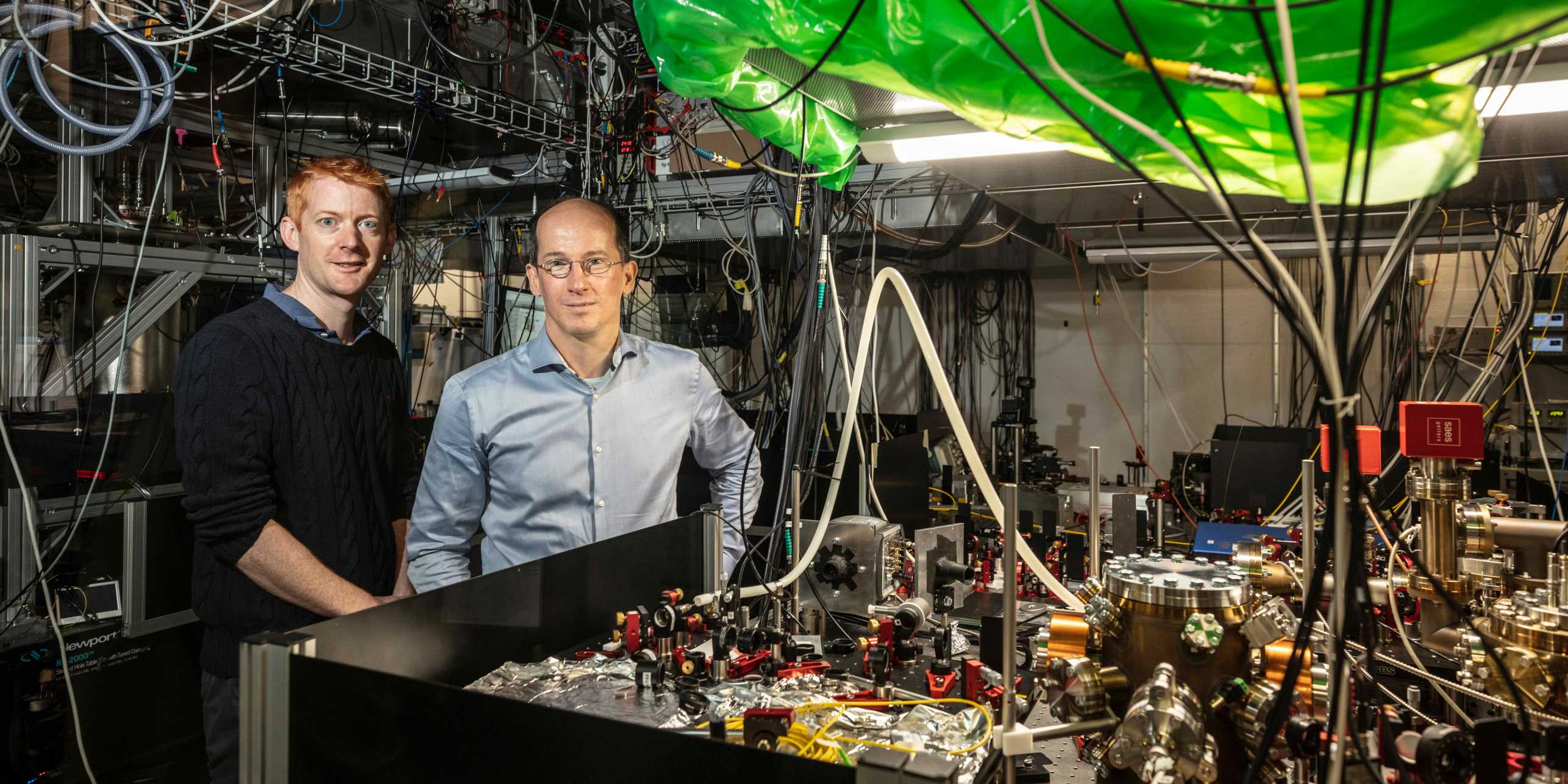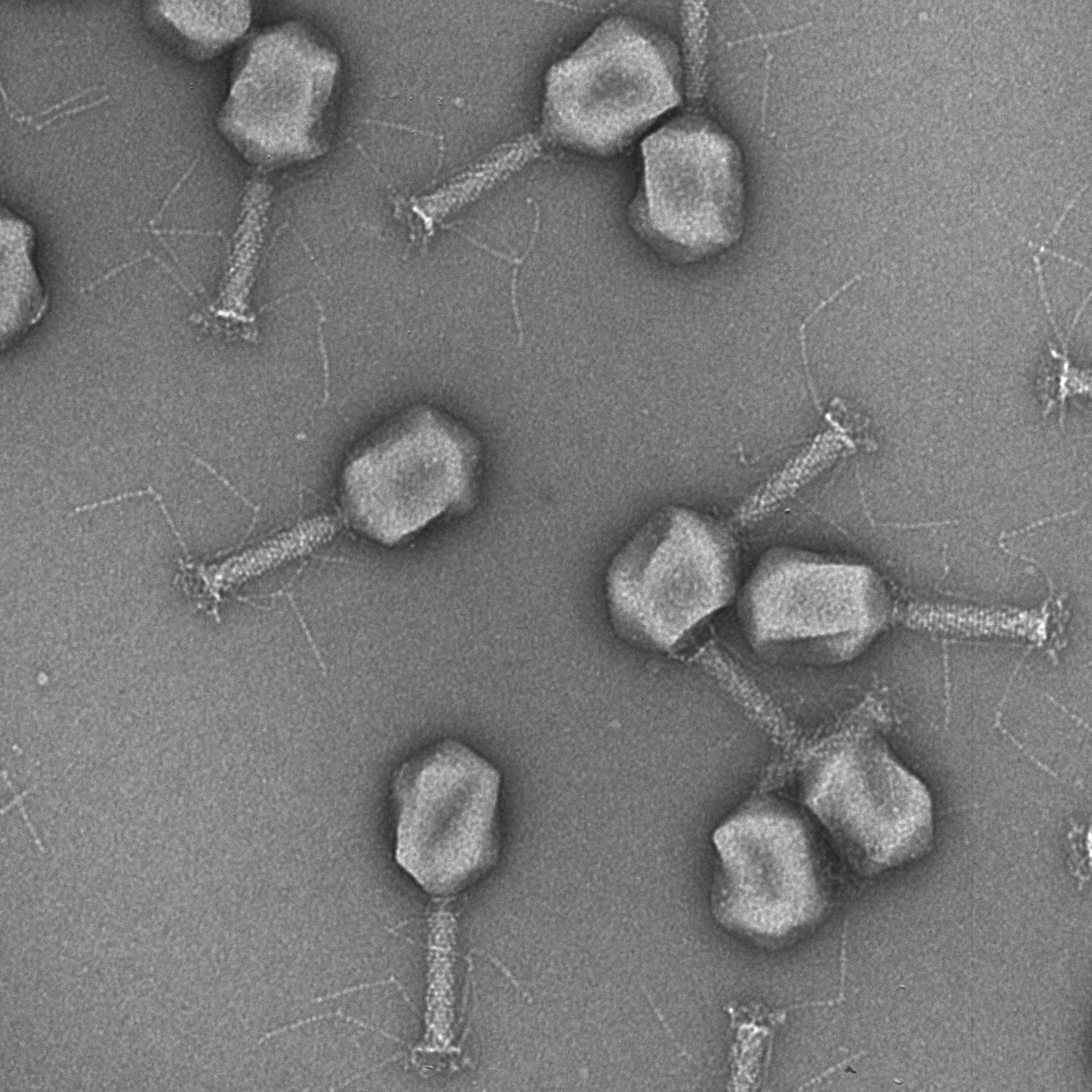Research
Research as a driver of innovation in knowledge-based societies
ETH Zurich conducts open-ended basic research and applied research at the highest level. Researchers from ETH Zurich produce excellent results and find solutions to the challenges of our time. Reliable basic funding from the federal government, competitive research grants, collaboration with industry and generous donations guarantee an outstanding research environment. Interdisciplinary cooperation and national and international networking are vitally important for the university. Research ethics (for research on humans and animals) and scientific integrity provide the normative framework. ETH’s strategic action areas are Health and Medicine, Data and Information, Responsibility and Sustainability, and Materials and Manufacturing.
Ethics and sustainability in research
ETH Zurich provides all its services in the most resource-saving and environmentally friendly way possible. When it comes to animal experiments, ethical considerations are also important. Consequently, ETH Zurich promotes research into and implementation of the 3R principles (replace, reduce, refine).
One animal experiment instead of many

To track down the genetic causes of diseases, the usual method is to switch off a single gene in animals and study the consequences this has for the organism. It often takes many attempts to achieve success. ETH researchers have developed a method that allows them to switch off several dozen genes in just one experiment. They modify individual cells in different ways and analyse the consequences for each cell. The method is particularly suitable for studying diseases with complex genetic causes. The researchers have discovered genes, for instance, that are relevant for a severe genetic disorder.
The great potential of basic research for innovation
Excellent basic research is the foundation of ETH Zurich’s success. It ensures high quality in teaching and knowledge transfer. Linking basic and applied research is ETH Zurich’s great strength and requires consistent funding based purely on research excellence.
Why urea may have been the gateway to life
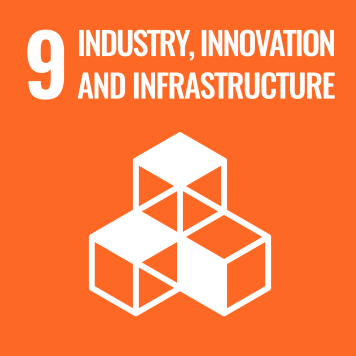
Using a new method, researchers can observe chemical reactions taking place in liquids at extremely high temporal resolution. ETH scientists developed this method jointly with colleagues from the University of Geneva. They investigated a process that may have led to the emergence of life on Earth. This involved looking at how a concentrated urea solution behaves when exposed to ionising radiation. The new method is relevant not only in biochemistry but also for important industrial synthesis reactions.
ETH research explores new approaches in medicine
Society needs technological solutions for prevention, diagnosis, therapy and rehabilitation that are affordable and sustainable across generations. ETH Zurich uses its wide-ranging expertise to contribute to the further development of medical research and training, and to promote the transfer of new findings into medical practice.
Treating bladder infections with viruses
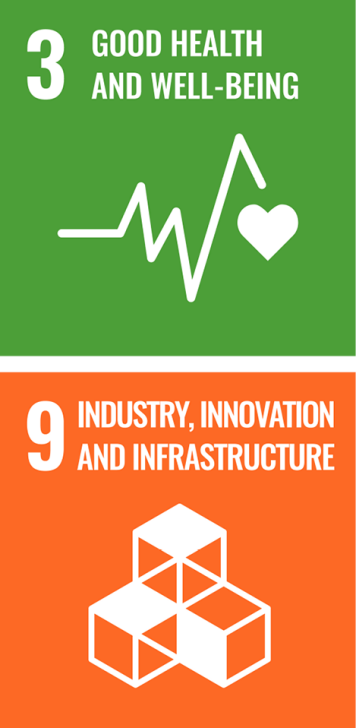
The pathogens that cause urinary tract infections are becoming increasingly resistant to antibiotics. Yet time pressures often oblige doctors to prescribe a certain antibiotic without knowing its effectiveness against the pathogen causing the infection. Researchers at ETH Zurich have developed a rapid test to identify pathogens quickly and accurately. The test is based on viruses known as phages that infect bacteria. The researchers also genetically modified the phages to enable them to destroy pathogenic bacteria more efficiently.
Sustainability

“Recycling efforts should be intensified wherever possible. More recycling of plastic always leads to more sustainability.”André Bardow, Professor for Energy and Process Systems Engineering
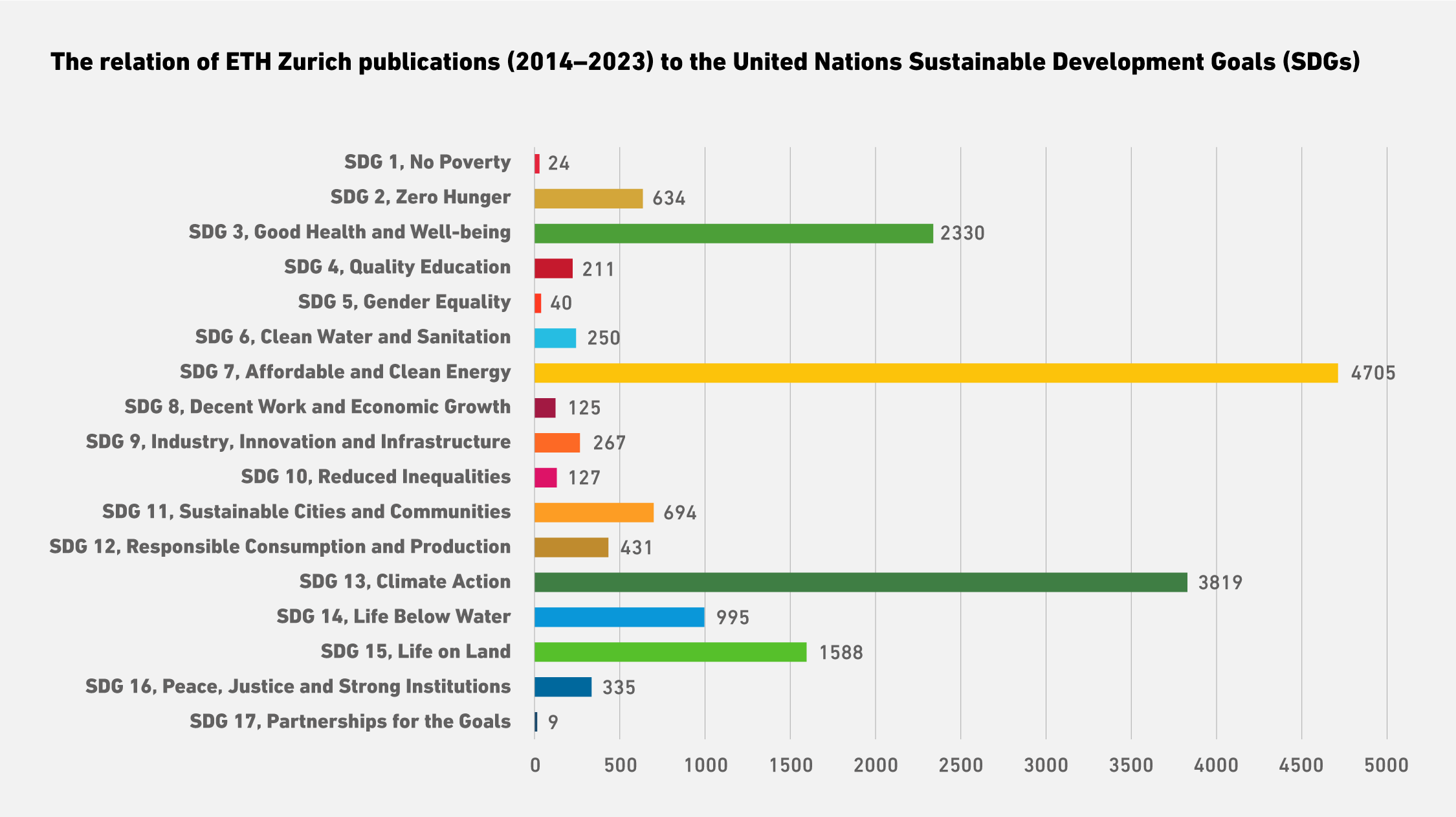
Of the current professorships at ETH, around one in four is concerned with the transversal subject area of sustainability. Important drivers for some of these research groups include curiosity and the search for solutions to strengthen sustainable production processes. For example, research is being carried out into whether food industry waste such as chicken feathers can be used to produce sustainable and cost-effective membranes for the production of fuel cells. Another focal point is circular plastics, whose aim is to ensure maximum recycling of previously produced plastic materials. The goal is to link previously fragmented processes and work towards comprehensive product stewardship in industry and society.

Diversity

“The Fix the Leaky Pipeline programme at ETH Zurich allows me to get to know talented young female researchers and support them on their career path.”Gabriela Hug, Professor of Electrical Power Transmission
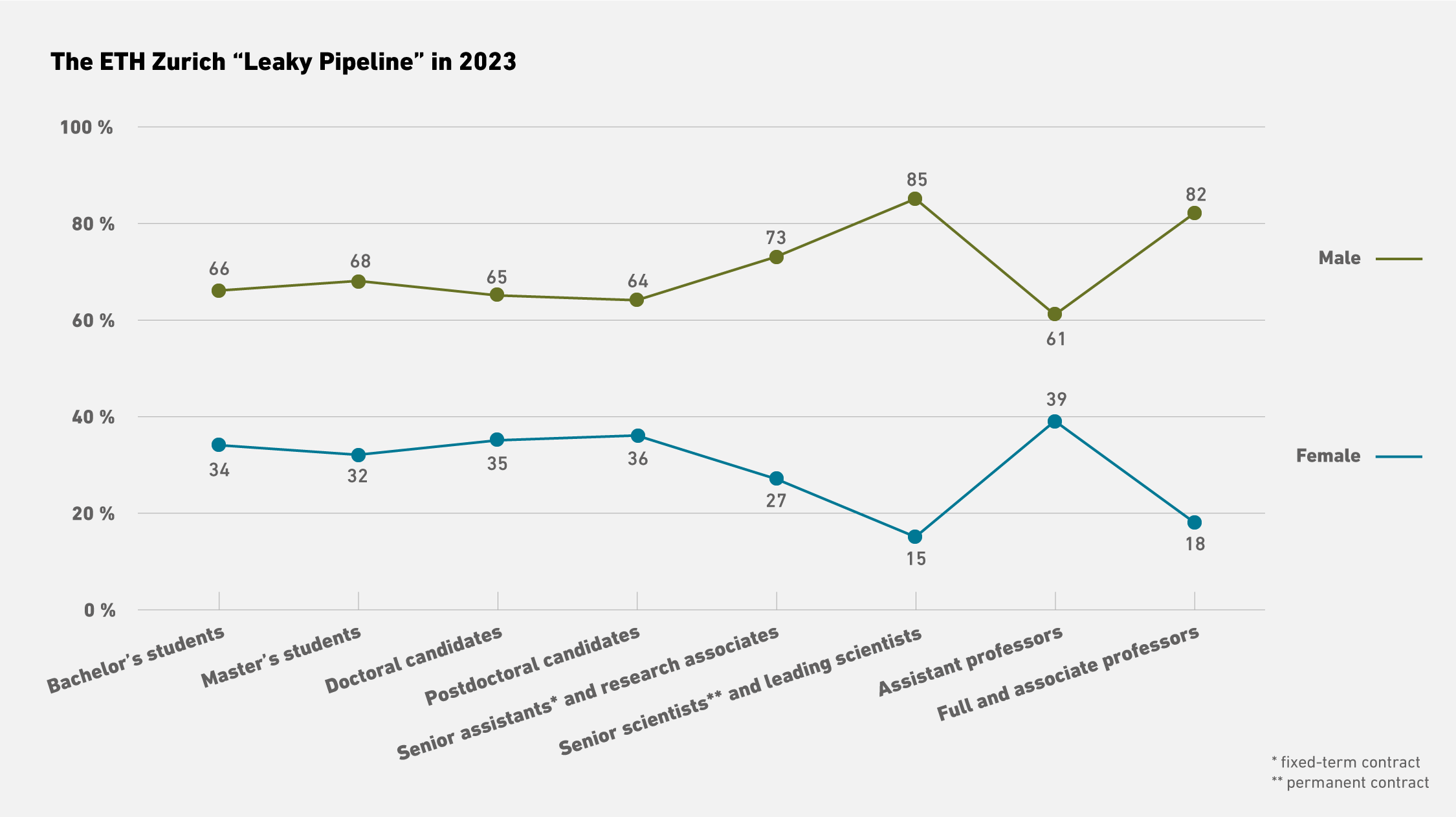
Whether as students and doctoral candidates, assistants or full professors, or scientific, technical or administrative staff – more women bring more and different perspectives. This ensures that ETH remains innovative and successful in the future. The advancement of women is therefore a top priority for ETH at all levels. The university is constantly developing measures such as the “Fix the Leaky Pipeline” career development programme. They ensure that women feel comfortable in their ETH environment and can realise their full potential.

ETH Zurich offers a superb environment for cultivating academic excellence. This is reflected in the prestigious honours and prizes won by its researchers.
The Annual Report is produced in German and translated into English. Only the German version is binding.
© ETH Zurich, April 2024

